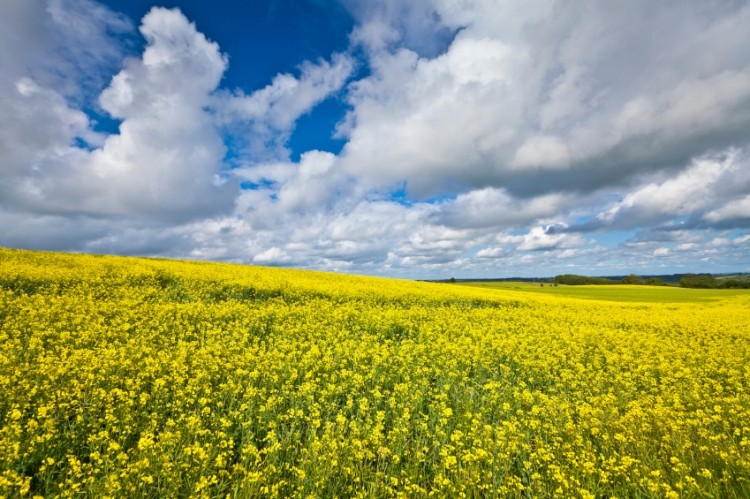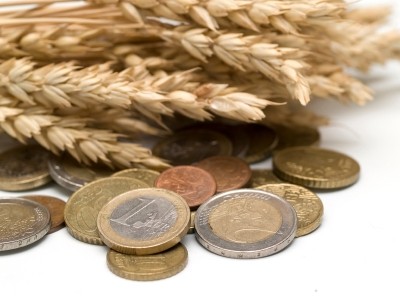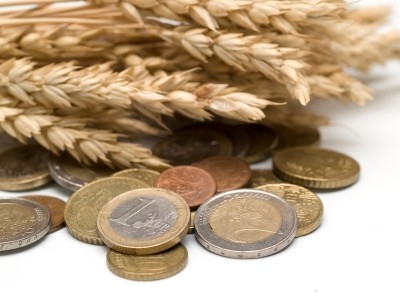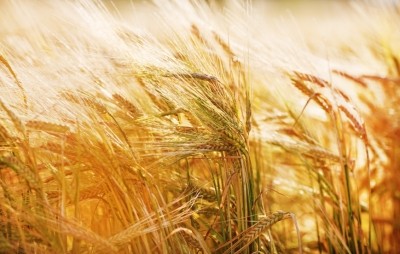'New UK rapeseed plant will benefit from Brexit as farmers want UK-sourced feed to avoid high import costs'

Singapore-headquartered, RCMA Group, is ploughing the money into the renewable-energy powered facility, located near Stratford-upon-Avon.
RCMA cited a heightened demand for domestically sourced ingredients and post Brexit higher import costs of soymeal as potential drivers to its success.
The plant will be operational from the autumn this year, employing 30 full-time staff.
Its primary focus will be producing 60,000 tons of rape cake for the animal feed sector every year but in addition will produce 40,000 tons of refined edible rapeseed oil.
Kevin Ball, project director, told FeedNavigator:
“We have researched the various sources of protein for the feed sector. One of the fundamental drivers for the project was the large imports of animal feed into the UK and the reliance of UK farming on soybean meal as the protein of choice.
“We looked at the fundamentals of rapeseed processing around the world. Most of the world scale plants treat the rape meal as a co-product, the core business being to produce the higher value rapseed oil
“We took a different view, which was if we can extract the oil mechanically and be careful about how much heat we put into the process, we can cause less denaturing of the protein in the animal feed that perhaps other processes do.”
By doing do, he argues it will improve the quality of the protein in the product, which he said would also compare favourably on cost with imported soymeal into the UK.
Post Brexit landscape
“We are going to be UK totally sourced and a UK focused business. In the post-Brexit world, it fits in rather well with increasing domestic production,” he said.
“With importing feed costs obviously going higher off a weaker sterling, we can also provide supply security.”
Locating the plant near to an established grain store will reduce the haulage miles associated with transporting raw materials into the facility and the finished product to farmers, Ball pointed out.
“We can optimise our processes, we can work [with farmers] on formulations, and can offer full UK sourcing provenance,” he added.
The biomass-fuelled heat and power plant enables the facility to generate its own energy requirements. Its construction marks the first new large-scale rapeseed processing facility in the UK since the 1980s.







